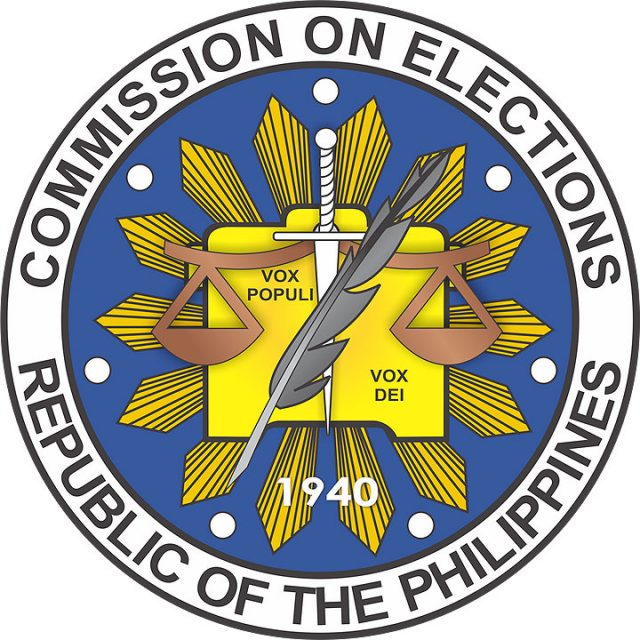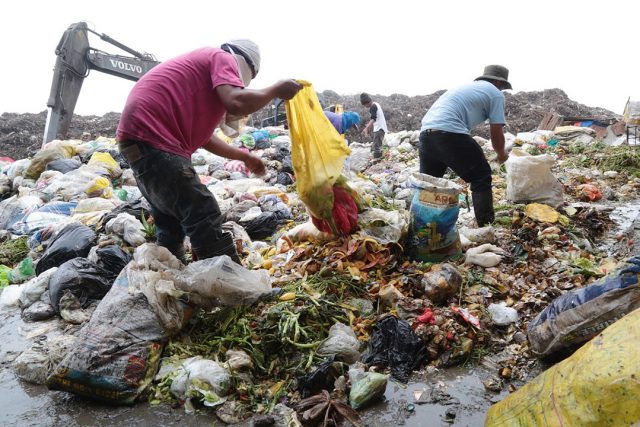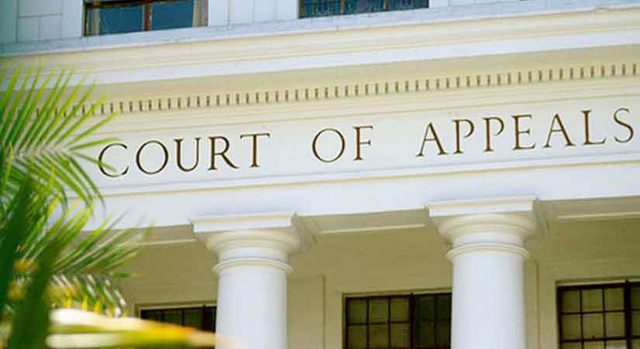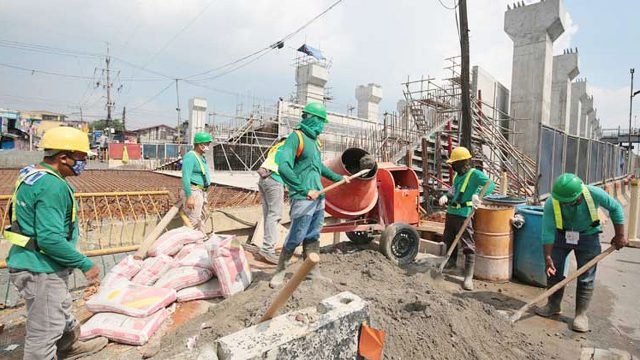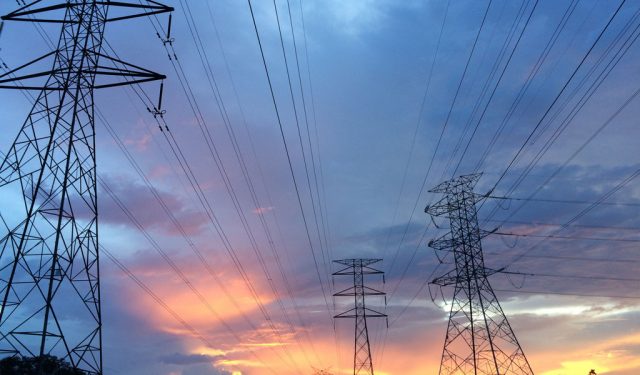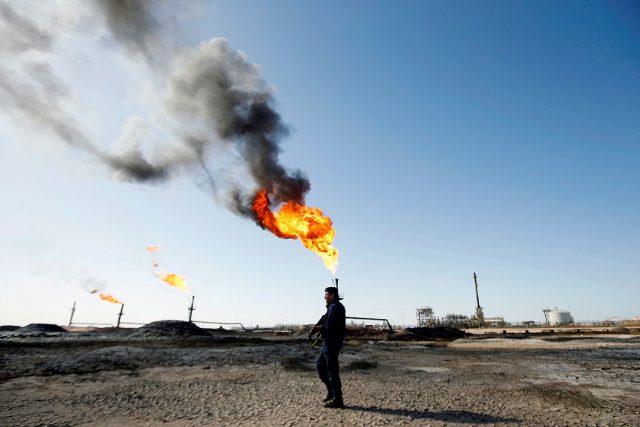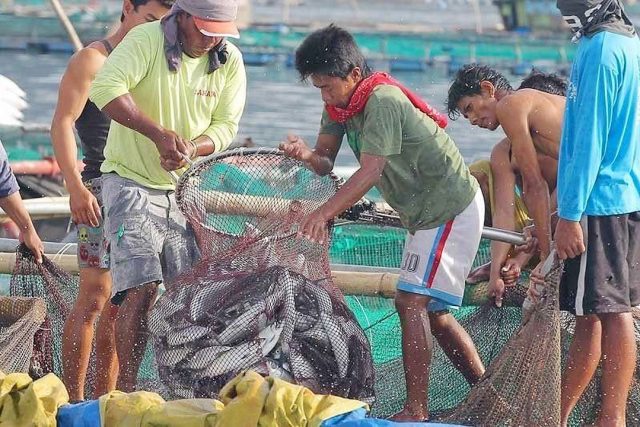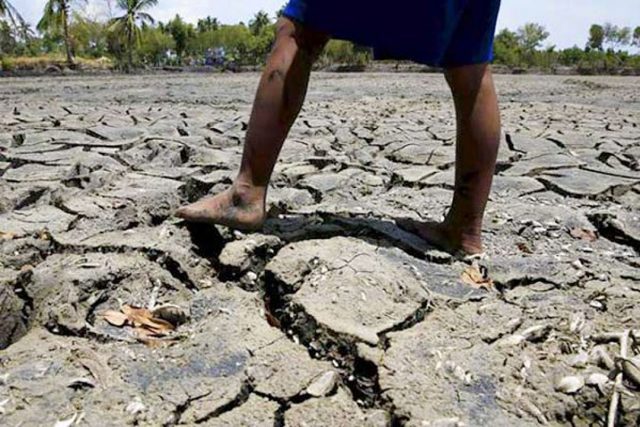Comelec asserts vote buying, selling illegal; proposes more severe penalties for nuisance candidates
BUYING and selling votes — or the act of giving money by a candidate and acceptance by a constituent with the implicit understanding of support on election day — are illegal and should not be encouraged under any circumstance, the Commission on Elections (Comelec) asserted on Wednesday.
Comelec Spokesperson James B. Jimenez said in a tweet that the public should not accept any money even if they vote with their conscience, as advised by a presidential candidate.
“Vote buying is an election offense regardless of financial situation or noble intentions. It shouldn’t be done nor it should be suggested to the voters,” he said.
Vote buying or selling is a prohibited act under the Omnibus Election Code, with penalties of imprisonment for one to six years, disqualification to hold public office, and forfeiture of one’s right to vote.
Any political party found guilty would also have to pay a fine of not less than P10,000.
Mr. Jimenez’s remarks come after Vice President Maria Leonor “Leni” G. Robredo, who is running as an independent presidential candidate, said Tuesday that she was against vote-buying but advised to accept the money as it may have come from taxpayers.
“Don’t vote because you feel that you are indebted to the money that you have received. For me, accept the money but vote according to your conscience,” she said in a forum with household helpers.
She later clarified in a press conference in Naga City on Wednesday that she does not condone vote-buying and urged stricter enforcement of election laws.
Ms. Robredo previously filed a vote buying complaint against Nelly F. Villafuerte and the late former Camariñes Sur representative Luis Raymond “LRay” Villafuerte, Jr. when she ran for a House seat in the province’s third district in 2013.
Meanwhile, Labor leader Leodigario “Ka Leody” Q. de Guzman called for reform in electoral laws to discourage political dynasties and encourage mass participation in governance to prevent vote buying.
“Vote buying will happen as long as the masses are hungry and they have no choice but to choose candidates who are billionaires and from political dynasties,” Mr. De Guzman, the presidential candidate of Partido Lakas ng Masa (PLM), said in a tweet.
Manila Mayor Francisco “Isko” M. Domagoso, standard bearer of Aksyon Demokratiko told reporters that Filipinos can’t be blamed if they accept bribes, especially given the difficulties they are facing.
“However, Filipinos are smart. They know who a true leader who shows compassion to them to who is fake,” he said in Filipino.
NUISANCE CANDIDATES
At a Senate hearing Wednesday on the Comelec’s budget, Election Commissioner Maria Norina S. Tangaro-Casingal proposed that those who have been declared as nuisance candidates be disqualified from running for any position for two successive elections.
She also expressed support for House Bill No. 9557, which seeks an efficient procedure for declaring a nuisance candidate.
Senator Maria Imelda Josefa “Imee” R. Marcos, chair of the Committee on Electoral Reforms and People’s Participation, agreed with the commissioner’s proposal, while Senator Francis N. Tolentino suggested adding a denial to apply for candidate substitution as well.
The Senate committee is discussing the bill, passed in August on third and final reading by the House of Representatives, which imposes a P100,000 fine on nuisance candidates.
The proposed measure aims to protect the integrity of the electoral process and promote respect for it as an important facet of Philippine democracy by providing an efficient procedure for declaring a nuisance candidate.
Under Section 69 of the Omnibus Election Code, a nuisance declaration may be made against a candidate who puts the election process in mockery, causes confusion to voters by similarity in names, or presents no bonafide intention to run for public office. The existing law does not impose any penalty. — Russell Louis C. Ku and Alyssa Nicole O. Tan

